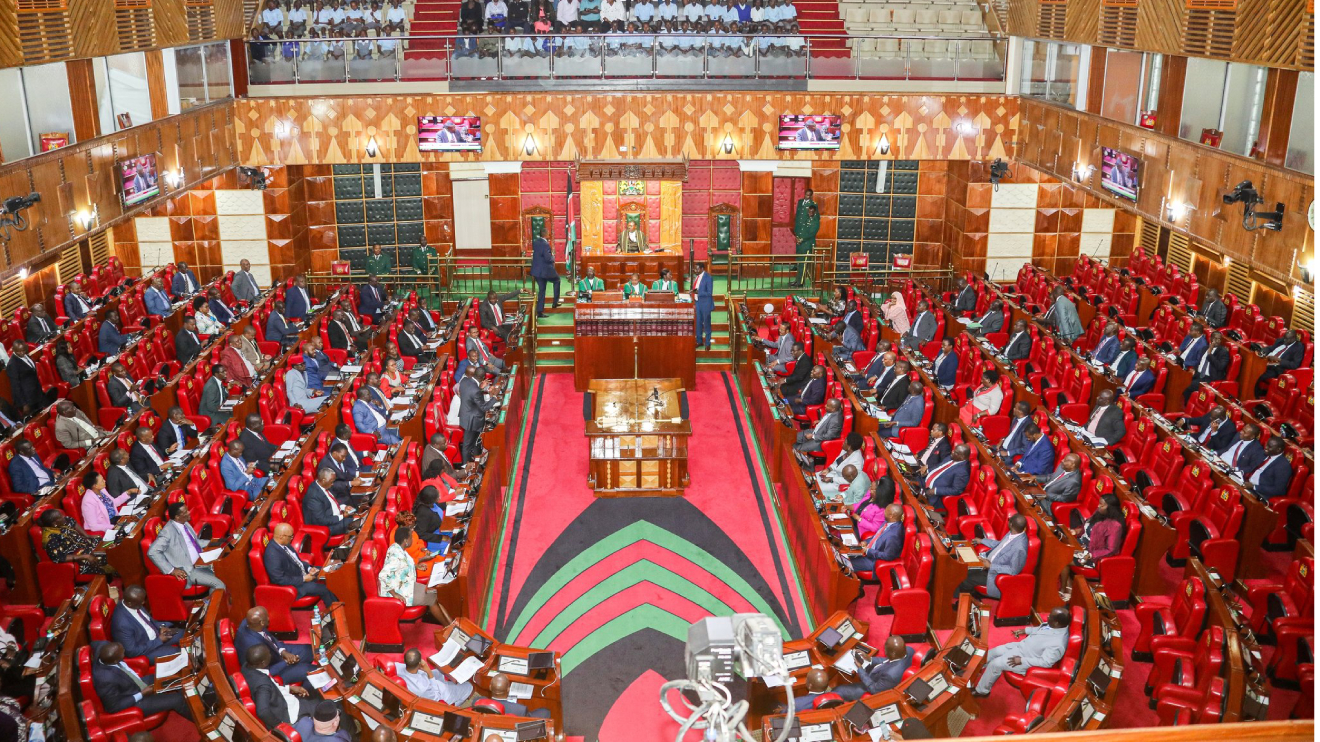Civil servants are smiling after the National Assembly Labour Committee rejected a contentious proposal to deny them acting allowances after serving in temporary positions for more than six months.
This proposal, championed by Embakasi Central MP Benjamin Gathiru, has been met with strong opposition from civil servants and labour advocates who deemed it unfair and discriminatory.
In a comprehensive report on the Public Service Commission (Amendment) Bill 2023, the National Assembly Labour Committee cited constitutional concerns as the basis for their rejection.
According to the committee, the proposed amendment would violate Article 27 of the Constitution, which safeguards freedom from discrimination and the right to fair labour practices.
"The enactment of this provision would result in unfair labour practices contrary to Article 27 of the Constitution on the freedom from discrimination and right to fair labour practices," reads the committee's report.
Read More
The committee emphasized that Section 5 of the Employment Act 2007 already mandates employers to provide equal remuneration for work of equal value, reinforcing the need for fair compensation.
Instead of denying acting allowances altogether, the committee recommended a compromise.
They proposed that the maximum duration an officer can serve in an acting capacity should be extended to 12 months, after which the position would be declared vacant and subject to competitive recruitment.
Therefore, individuals serving beyond this period would not be entitled to acting allowances.
Gathiru's Bill sought to amend Section 34 of the Employment Act to restrict acting allowances to a maximum of six months, arguing that this period should be sufficient for organizations to recruit suitable candidates for vacant positions.
"The period of six months prescribed should provide adequate time for the organization to recruit and substantively fill the position. Failure to comply with this provision will result in the officer not earning any acting allowances," the Bill stated.
However, the Public Service Commission (PSC) strongly opposed the amendment, contending that not all acting positions are readily available for filling within six months.
They presented several scenarios where substantive officers may be lawfully absent for extended periods.
The PSC explained, "There are circumstances where substantive holders are lawfully authorized to be away for a period exceeding six months, and therefore the post cannot be filled." Such circumstances include secondments, extended leave of absence granted to spouses of Foreign Service officers stationed abroad, and sabbatical leaves for university staff pursuing further studies.
The PSC further emphasized that the primary objective of appointing an officer in an acting capacity is not merely to earn an allowance but to ensure continuity of service delivery, preventing disruptions in public service.
While Section 34(3) of the Public Service Commission Act, No. 10 of 2017, sets a maximum acting capacity period of six months, it is noteworthy that many officers, especially in parastatals, have been serving in acting capacities for considerably longer durations, some even exceeding three years.
This contentious debate brings to light the need for a balanced approach that considers both the rights of civil servants and the practical realities of public service administration.
The rejection of the Bill by the National Assembly Labour Committee represents a significant victory for civil servants, affirming their right to fair compensation while serving in acting roles.
As discussions continue, it remains to be seen how lawmakers will address the concerns raised by both sides to strike a balance that ensures fairness, equity, and efficient service delivery within the public sector.










 shares a light moment with the company's Group CEO Dr Patrick Tumbo (right) at a past event-1758121528.jpeg)
-1758116028.jpeg)
